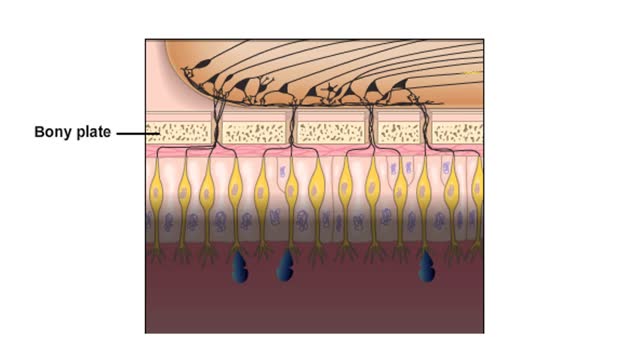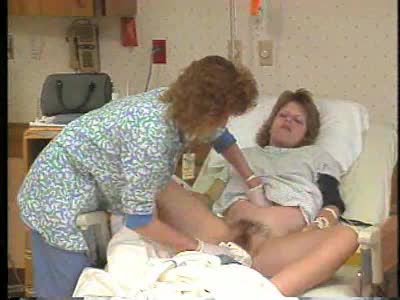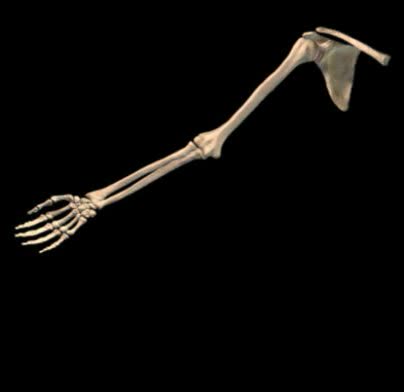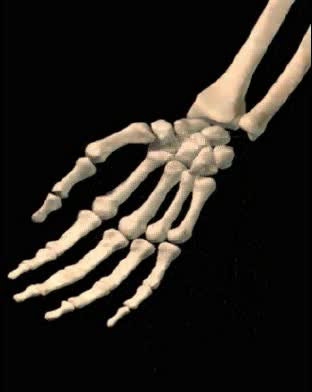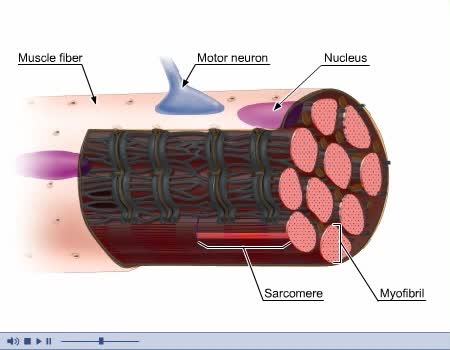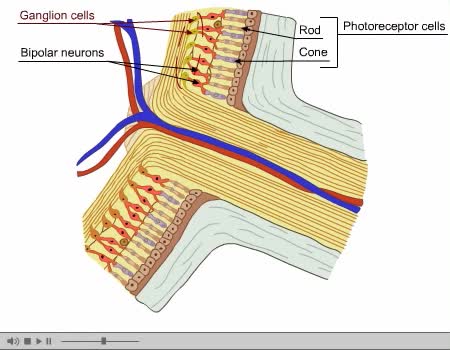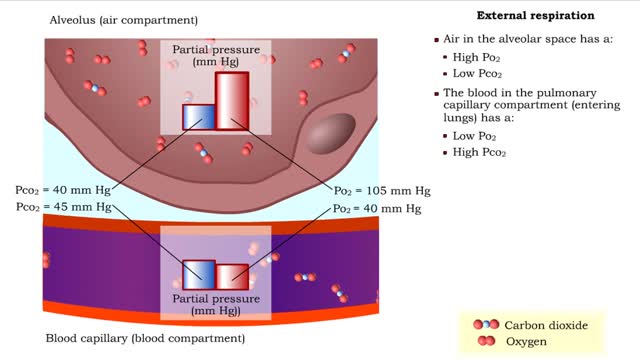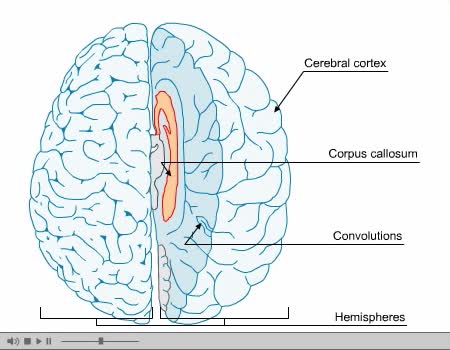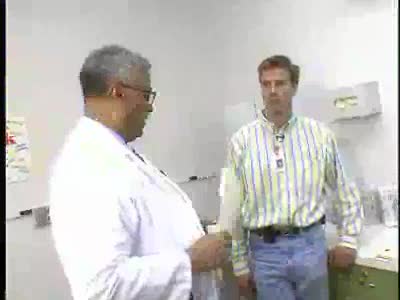Search Results
Results for: 'Part 2'
Olfaction. or the sense of smell
By: HWC, Views: 8448
Do you ever wonder how you can distinguish thousands of different odors? Olfaction. or the sense of smell, is used by all mammals to navigate, find food, and even find mates. We have millions of olfactory receptors for smelling in our nose. These receptor neurons bind water-soluble or volatil...
Labor and Delivery - Postpartum Assessment
By: Administrator, Views: 558
The postpartum patient's emotional status plays a significant part in her recovery and her adjustment to her infant. Postpartum hospital stays are very brief, so nurses must make every encounter with the patient meaningful. Developing a systematic method of assessing the patient will save time an...
By: Administrator, Views: 13393
Types of body movement that occur at the diarthrotic joints: - Abduction - Adduction - Circumduction - Dorsiflexion Movement can occur in one plane, like with a knee bend, or in multiple planes such as with a shoulder roll. Adduction occurs when a joint moves a part of the body toward the ...
By: Administrator, Views: 1341
Circumduction is sometimes described as simply a "circular movement" because circumduction movements of (e.g. the arm and hand) result in the outer edge of the limb (e.g. the fingertips) tracing circles in space. Another way to express this is to say that circumduction is the movement of the dist...
By: Administrator, Views: 13866
Three basic types of muscles: - Skeletal - Smooth - Cardiac Composed of striated or smooth muscle tissue and classified according to their functions and appearance. Skeletal Muscle: - Also known as voluntary or striated muscle. - Controlled by the conscious part of the brain and attach...
Optic Nerve and Optic Disk Animation (Part 2 of 2)
By: Administrator, Views: 14037
The optic disc or optic nerve head is the point of exit for ganglion cell axons leaving the eye. Because there are no rods or cones overlying the optic disc, it corresponds to a small blind spot in each eye. The ganglion cell axons form the optic nerve after they leave the eye. The optic disc ...
Gas exchange - partial pressure, locations, external and internal respiration
By: HWC, Views: 11157
▪ In a mixture, each individual gas exerts a pressure that is proportional to the concentration of that gas within the mixture. • This part of the total pressure is called a "partial pressure". • A gas moves along the part of the pressure gradient determined by its own concentration. ...
By: Administrator, Views: 13894
The corpus callosum (Latin for "tough body"), also callosal commissure, is a wide, thick, nerve tract consisting of a flat bundle of commissural fibers, beneath the cerebral cortex in the brain. The corpus callosum is only found in placental mammals. It spans part of the longitudinal fissure, con...
By: Administrator, Views: 13841
Kidney stones (renal lithiasis, nephrolithiasis) are hard deposits made of minerals and salts that form inside your kidneys. Kidney stones have many causes and can affect any part of your urinary tract — from your kidneys to your bladder. Often, stones form when the urine becomes concentrate...
Advertisement



